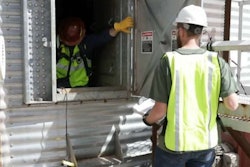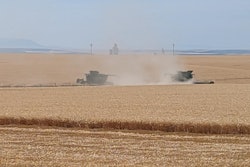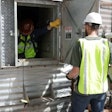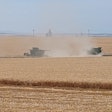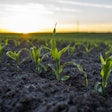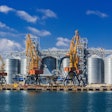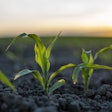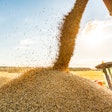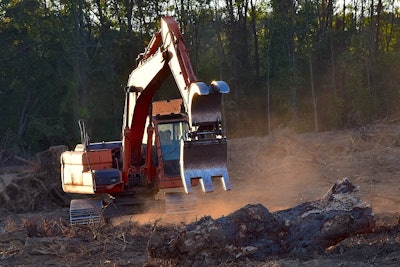
On September 6, an activist group, Global Witness,released a reportwhich showedCargillhas been buying soy grown on 50,000 acres of deforested land in the Chiquitano Forest, a tropical dry forest in the eastern part of Bolivia.
According to onereport, Cargill, which has been buying soy in the country for decades, ranks as the largest or second largest buyer of Bolivian soy in recent years.
The investigation examined Cargill’s soy purchases from five regions farmed by Mennonites colonies, religious communities dedicated to traditional, communal farming, in Santa Cruz, Bolivia. These colonies are located in Bolivia’s Chiquitano forest, a biodiversity hotspot and “transition zone” between the tropical Amazon and dry Chaco forests.
Global Witness estimated that, since 2017, these five colonies have deforested nearly 53,000 acres of land. The report also noted that zero percent of the land in three out of five of the areas Cargill sourced from was deemed suitable for intensive farming.
The new research suggested Cargill appears to be open to sourcing soy from remote parts of Bolivia where forest is still standing, putting an estimated 3 million hectares of forest at risk, according to analysis of a company map given to Global Witness.
“Our findings cast severe doubt on Cargill’s claims about sustainability, traceability, its operations in Bolivia, and its commitments to achieving deforestation-free supply chains," said Veronica Oakeshott, Forests Campaign lead at Global Witness. "It seems Cargill is not even trying to identify the origins of its soy."
Cargill's response
WhenFeed & Grain伸出手来应对alleg嘉吉公司ations in the Global Witness report, it said it is firmly committed to ending deforestation in its global agricultural supply chains and ending deforestation and conversion in its soy supply chain in South America by 2030.
From the five communities listed on the report, Cargill said it has business with all of them and sources about 16% of their production. The other 84% of their production is sold to other players in the market.
"As part of our efforts to trace the grains from indirect suppliers, Cargill has been working closely to Mennonites communities and had already mapped 26 polygons from those five colonies," Nicole Marlor, director of media relations with Cargill said.
"Based on this mapping available and on the mass balance methodology, we can infer that the products received from at least four of the five colonies could be produced in the hectares opened before 2017," she continued. "Just on the case of one of those communities we cannot assure that the grains were produced on lands deforested before 2017. Which does not necessarily mean that this is non-compliant with the local legislation or Cargill commitments."
Marlor noted Mennonites communities represent about 35% of today's soy production in Bolivia. These communities located in Chiquitano are not part of the sector roadmap priority biomes, that cover Amazon, Cerrado and Chaco. Lastly, Marlor noted deforestation in Bolivia is legal through the proper license, called PDM (Deforestation Plan). This document is developed by each farmer and validated by the government (Forest Authority within the Ministry of Environment).
Marlor said Cargill has been working with the sector, through the Bolivian Soy Roundtable, to establish minimum socio environmental criteria for soy origination in the country.
"We constantly monitor our suppliers and can confirm that the Mennonites communities in question are in compliance with ourPolicy on Sustainable Soy," Marlor said. "Through our grievance procedure, we investigate all allegations received, and if we find any violations of our policies and commitments, the producers are immediately blocked from our supply chain, as expressed in ourSupplier Code of Conduct."
Why stopping deforestation matters
Why does all this matter? Keeping forests intact preserves species diversity, strengthens ecosystems and helps reduce the impacts of climate change. Trees, forest plants and forest soils store large amounts of carbon. When forests are cut, stored carbon is released, adding to more frequent and intense drought, storms, heat waves, rising sea levels and warming oceans -- in other words, climate change.
Bolivia has one of the largest expanses of tropical forests in the world which is being razed faster than in any other country apart from Brazil and the Democratic Republic of the Congo. At COP27 last year, 14 of the world’s largest agribusinesses, including Cargill, launched theAgriculture Sector Roadmap to 1.5ºCsetting a 2025 target date for deforestation-free soy production in the Amazon. The plan did not include Bolivia’s Chiquitano forest.
It's important to hold the world's largest agribusinesses accountable for their impact to the environment. In the end, it affects all of us.








